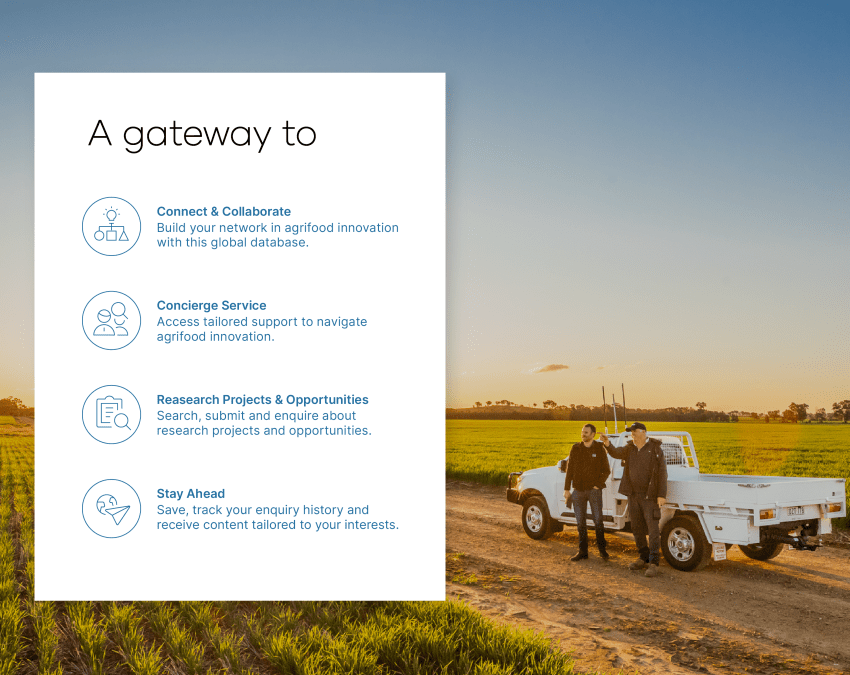
Understanding environmental impacts and resource impacts with changing demand for Australian cotton, assessed using a change modelling life cycle assessment approach
The penultimate consumers of cotton (retailers and brands) are increasingly interested in understanding and reducing the environmental and social impact of their entire supply chain. The preferred methodology for achieving this is through the use of life cycle assessment (LCA). However, the LCA methodology currently being used by the supply chain is an attributional LCA (aLCA) that focuses narrowly on the product in question and does not consider the impact of any changes in a system. This is a significant gap as the consequences of making changes are not being taken into account and changes informed by only an aLCA methodology may result in perverse outcomes.
For the cotton industry it is critical that a broader perspective is taken when considering changes in raw material procurement policies, such as provided through using a consequential LCA (cLCA) methodology. A cLCA approach considers the impact at a broader systems level. Using such an analysis of changes in cotton production, this project considers impacts from greenhouse gas emissions, energy use, freshwater and stress-weighted water use.
Project date
Principal investigator
Project funded by

Focus areas
Industries
Sustainabilities
Technology areas
Related research projects
Search all research projects
-crop-850x675.png)
Have questions?
Find out how we can help you.
Find answers to our most frequently asked questions on research projects, commercial opportunities, organisations and more.
Still have questions or have feedback on the site? Please get in touch by completing our enquiry form.

